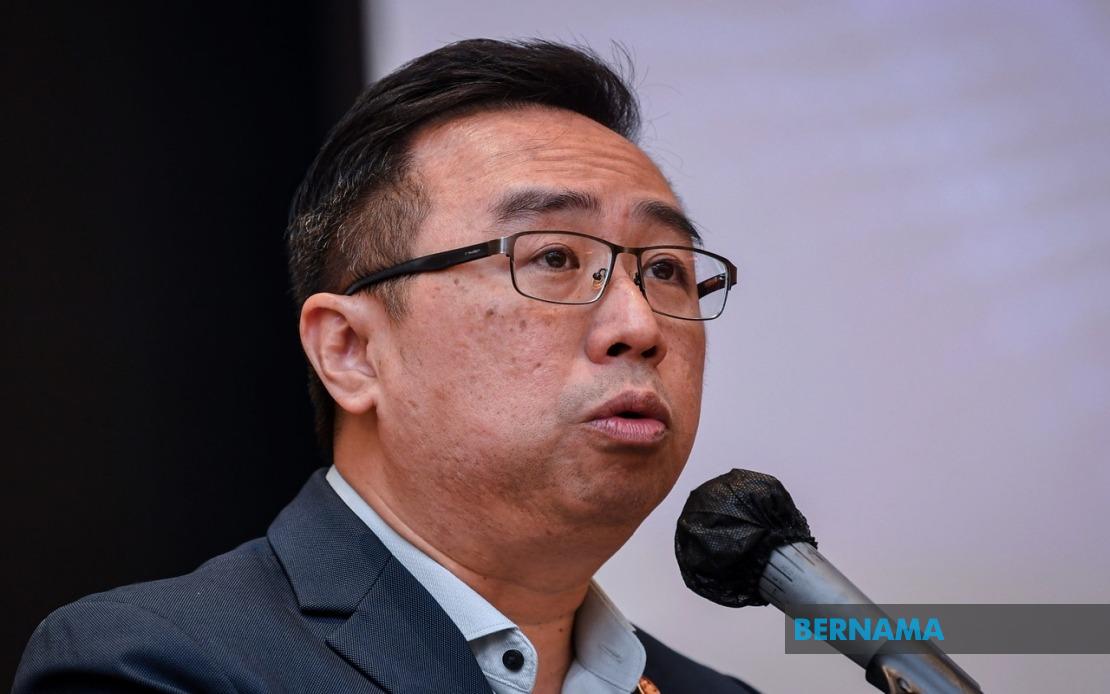Malaysia's Ambitious Hydrogen Plan: A Sustainable Future Ahead
Key Ideas
- MOSTI aims to significantly scale up hydrogen production to reduce greenhouse gas emissions and decarbonize key sectors by 2050.
- The transition from grey to green hydrogen, with a focus on cost-competitiveness and incentives, is highlighted for a sustainable energy future.
- Financial incentives, partnerships, and infrastructure development are key strategies to accelerate the adoption of green hydrogen in Malaysia.
- Collaborations with PETRONAS and international partners, as well as initiatives like hydrogen mobility projects, position Malaysia as a leader in sustainable energy solutions.
The Ministry of Science, Technology, and Innovation (MOSTI) in Malaysia has unveiled an ambitious plan to produce two million tons of hydrogen annually, scaling up to 16 million tons by 2050, as part of the Economy and Technology Roadmap (HETR). This move aims to support the decarbonization of key sectors like power generation and transportation, with the goal of cutting greenhouse gas emissions by up to 10 percent and reducing the country's reliance on fossil fuels. The transition involves phasing out fossil-fuel-based grey hydrogen in favor of green hydrogen, with a temporary reliance on blue hydrogen to bridge the gap. By 2050, hydrogen is projected to become cheaper than diesel as subsidies shift towards renewable energy sources.
Key strategies to drive the adoption of green hydrogen include offering financial incentives like tax allowances, exemptions, and support for innovation. The plan envisions Malaysia tapping into the lucrative global green hydrogen market, with potential revenues expected to reach at least RM905 billion by 2050. Efforts to make Fuel Cell Electric Vehicles more affordable through subsidies and tax exemptions are also underway, alongside financing mechanisms for hydrogen infrastructure projects.
MOSTI is collaborating with PETRONAS and international partners to advance blue hydrogen initiatives, including the construction of a CCUS facility in Sarawak and participation in the Global Clean Hydrogen Programme by UNIDO. Additionally, local collaborations such as the Malaysia Hydrogen Industry Alliance are driving technological innovation and investment in hydrogen solutions. The upcoming launch of Malaysia's first Mobile Hydrogen Refuelling Station in Putrajaya further underscores Malaysia's commitment to clean energy and sustainable mobility. Through these efforts and a dedicated roadmap, Malaysia aims to lead the transition towards a hydrogen economy with a strong focus on sustainability and technological advancement.
Topics
Blue Hydrogen
Clean Energy
Climate Change
Sustainability
Investment
Energy Transition
Green Technology
Government Initiatives
Latest News
